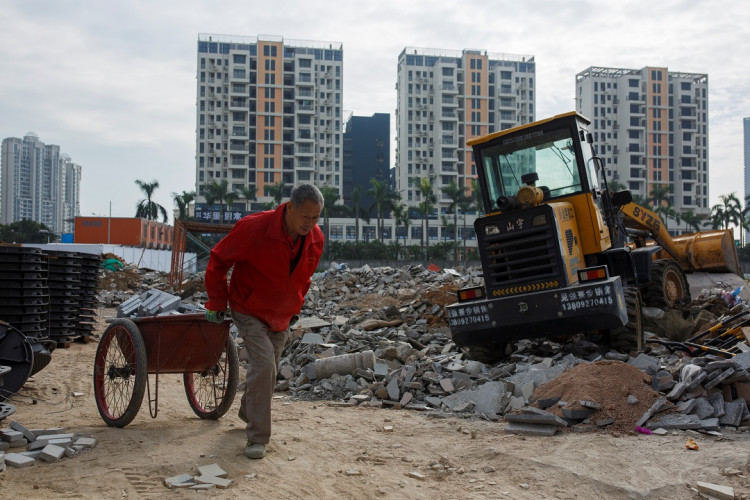China's National Development and Reform Commission has recently ramped up its approval of large-scale infrastructure projects. A total of 16 projects have been approved so far, worth around 1.1 trillion Yuan or US$163.2 billion. The projects are meant to help bolster the country's economy and to counteract the ongoing trade war with the United States.
One of the biggest projects on the list is the expansion of the Shanghai Urban Rail Transit, estimated to cost the government around 298.35 billion Yuan or US$44.24 billion. The project aims to improve the connection between the country's biggest financial hubs. This includes several connecting lines between two major airports and two major railway stations.
The NDRC previously announced that it was going to speed up the process of approving infrastructure projects in the country and it seems like it has stuck to its word. The governmental body previously approved a total of seven projects in the past 12 months. It then ramped up its approval process significantly since December, with the approval of an additional 4 new projects in just the span of a few months.
Beijing and other major cities have been calling on the government to inject more investments into the country's infrastructures to counteract the possible effects of the ongoing trade war with the United States. Major economic contributors such as export, retail, manufacturing, and fixed asset investments have slightly declined, but the new policies and projects are expected to remedy that problem.
The stimulus is expected to bolster the country's domestic economy, which has seen a marginal slowdown in recent months. Investment growth in various sectors has experienced a minor slowdown since the beginning of 2018.
Both the NDRC and the People's Bank of China have taken steps to halt the economy's decline. The PBOC has recently cut national bank reserve ratios, which will allow banks to hold less cash as reserves. This will ultimately free up more cash, which can be used for lending and other financial investments. In 2018, Chinese banks have seen a record 16.17 trillion Yuan in new loans; a significant boost from the number of loans in 2017.
The PBOC has also taken other steps, including a new bill swap mechanism, to encourage borrowing and to help small and medium businesses grow. All in the all, the country's moves have paid off with the economy seeing a growth of 6.6 percent in 2018. The growth is not nearly as large as the previous years, but it is still within the government's target for the year.






